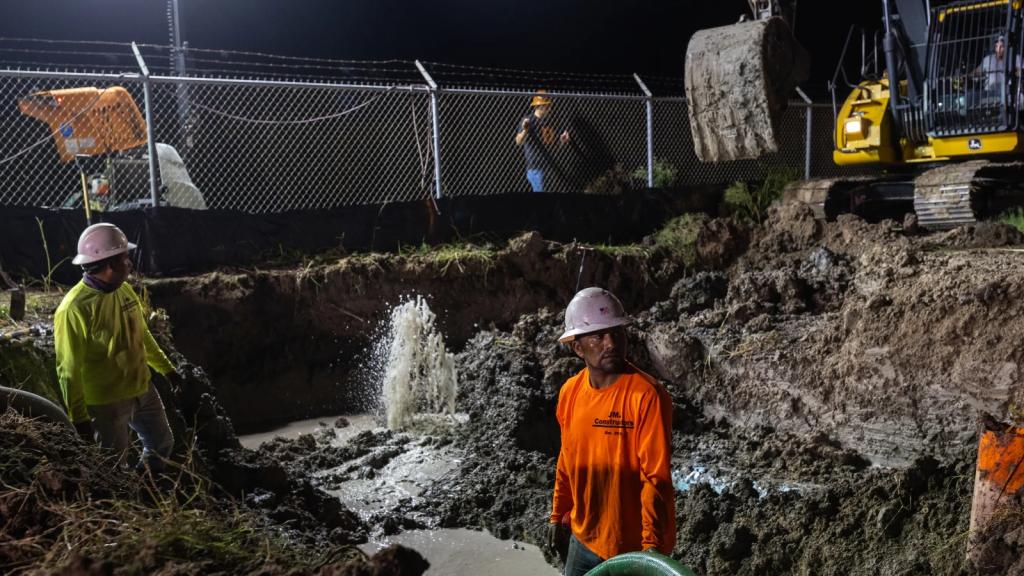Senate Majority Leader Harry Reid (D-Nev.) today confirmed that floor debate on a sweeping energy and global warming bill that will be sold to the American public in part as an economic stimulus measure will be held early next year.
“We’re going to try to do that sometime in the spring,” Reid told reporters when asked about the window for moving a climate bill onto the Senate floor.
So E&E News PM (subs. req’d) reports. Ideally the debate would start by the end of February, so the Senate vote could be finished by early spring, as I recently wrote. The bipartisan team of Senators crafting a bill with the White House plan on a blueprint by Copenhagen:
Kerry and Sens. Lindsey Graham (R-S.C.) and Joe Lieberman (I-Conn.) are taking the lead in writing the climate and energy bill with a goal of releasing a blueprint before U.N. global warming negotiations start Dec. 7 in Copenhagen.
The good news is that Reid sees this bill as part of the economic stimulus and jobs package the administration is putting together, which should increase the motivation to pass it:
“I think if we do it right, the energy bill, the climate bill can be very, very job productive,” Reid said.
Environment and Public Works Chairwoman Barbara Boxer (D-Calif.) met with Reid and four other Democratic committee leaders yesterday to map out the legislative agenda for the rest of this year and early 2010….
“This is a jobs bill,” Kerry said. “This is without question a jobs bill. I’d say this is the biggest jobs bill staring us in the face, without any question, and we’ll prove that as we go down the road in the next days. So if you want to do a jobs bill, this is the bill to do. And I’d argue that with the president very, very forcefully.”
The bill certainly can drive early investment in clean energy through pollution reduction incentives, tax breaks, efficiency standards — and even through the carbon caps, as Nobelist Paul Krugman explained back in May:
Right now, the biggest problem facing our economy is plunging business investment. Businesses see no reason to invest, since they’re awash in excess capacity, thanks to the housing bust and weak consumer demand.
But suppose that Congress were to mandate gradually tightening emission limits, starting two or three years from now. This would have no immediate effect on prices. It would, however, create major incentives for new investment — investment in low-emission power plants, in energy-efficient factories and more.
To put it another way, a commitment to greenhouse gas reduction would, in the short-to-medium run, have the same economic effects as a major technological innovation: It would give businesses a reason to invest in new equipment and facilities even in the face of excess capacity. And given the current state of the economy, that’s just what the doctor ordered.
This short-run economic boost isn’t the main reason to move on climate-change policy. The important thing is that the planet is in danger, and the longer we wait the worse it gets. But it is an extra reason to move quickly.
So can we afford to save the planet? Yes, we can. And now would be a very good time to get started.
Precisely.
The bill should be written so that the cap-and-trade doesn’t start until 2013, well after the recession is over, but ideally with funding to accelerate clean technology into the marketplace frontloaded to start immediately, funding that can be deficit-neutral because it is offset by allowances that will be auctioned later.
Note: I am proposing the cap start one year later than the current bills. That’s because the bill is going to become law later than people thought, giving less time to set up all the rules for 2012 trading, and because of the recession, which has knocked CO2 levels down sharply (see “EIA stunner: By year’s end, we’ll be 8.5% below 2005 levels of CO2 — halfway to climate bill’s 2020 target“). That means 2012 was probably going to have an over-allocation of allowances anyway. Putting the start of the cap off one year therefore won’t actually reduce the amount of emissions reductions the bill achieves — quite the reverse, it’ll probably reduce the early surplus of allowances distributed.


